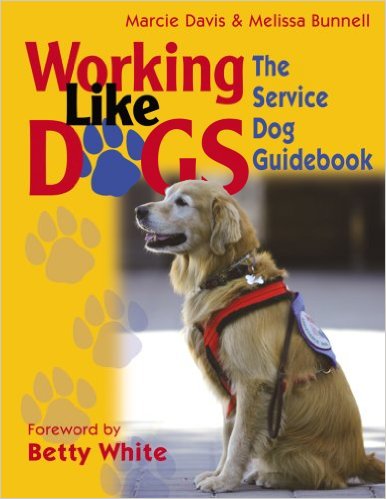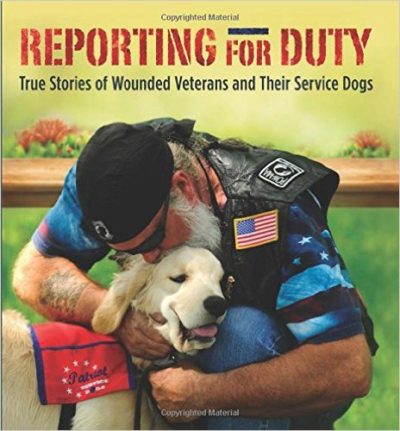
Recently, an article in the American Association of People with Disabilities Newsletter (January 3, 2011) about a Northern Virginia elementary school denying 12-year-old Andrew Stevens the right to bring his seizure alert assistance dog to school caught my attention.
The newsletter gave a link to this article written by FOX 5 Reporter Stacey Cohan which reported that Andrew and his family waited two years and raised $20,000 to get his assistance dog. The family had hoped that Andrew’s assistance dog would provide an array of services to him, including reconnecting Andrew with his peers. Instead, Andrew had been denied the use of his assistance dog at school. The school had created yet another barrier for this young man and his family to overcome.
I do not know all of the details surrounding this situation. However, as an individual with a disability who grew up as a wheelchair user, it is all too familiar. It so disheartening to hear Andrew’s story and to imagine the struggles he and his family are enduring on a daily basis.
If you grew up with a disability then you know the endless number of barriers that can be placed in our way as we strive to gain an education and begin to make our way in this world. Being fortunate enough to receive an assistance dog can be a great opportunity to relieve some of the daily pitfalls and struggles.
Public schools are supposed to be a resource and a place of security for all children and youth. It is a place where our most valuable asset, our youth, learn valuable life lessons and gather the skills necessary to enable them to move forward into their adult lives. It is so sad to think that this elementary school is playing such a negative role in this young man’s life. Unfortunately, their bureaucratic actions are reinforcing inequality, vulnerability, and downright unfair treatment of children with disabilities.
What lifelong lesson are these public officials teaching Andrew, his family and perhaps more sadly, his peers? I hope Andrew’s parents have the stamina necessary to finish this fight. I hope they will be able to teach the school district administrators that they cannot discriminate against a student with a disability who needs an assistance dog. And more importantly, I hope it will teach Andrew that he is a valued as much as every other student at his school and he has the right to have his assistance dog by his side.
We must unite to dispel the myth that children with disabilities should not have the services and equipment necessary to make them as independent as they choose to be. We must clearly communicate that this school district’s staff response is not acceptable and there are consequences in Virginia and the United States for this archaic, discriminatory behavior.
I just found out that after Andrew and his mother appeared on the TODAY show yesterday (January 4), the school officials decided to let Andrew have his service dog with him at school, at least on a trial basis. My concern is that three to six weeks may not be long enough, and that they should allow more time for a fair test.
Andrew’s story has received nationwide media attention. My hope is that it will help educate more people about the benefits of highly trained service dogs.





